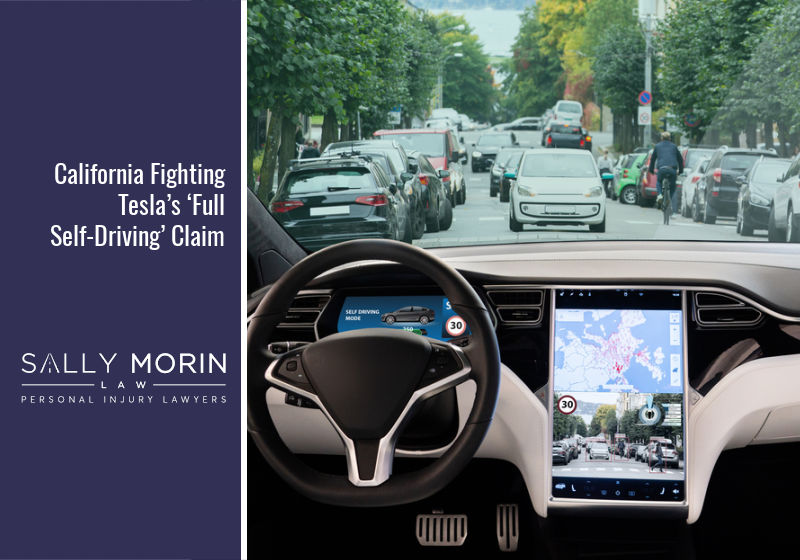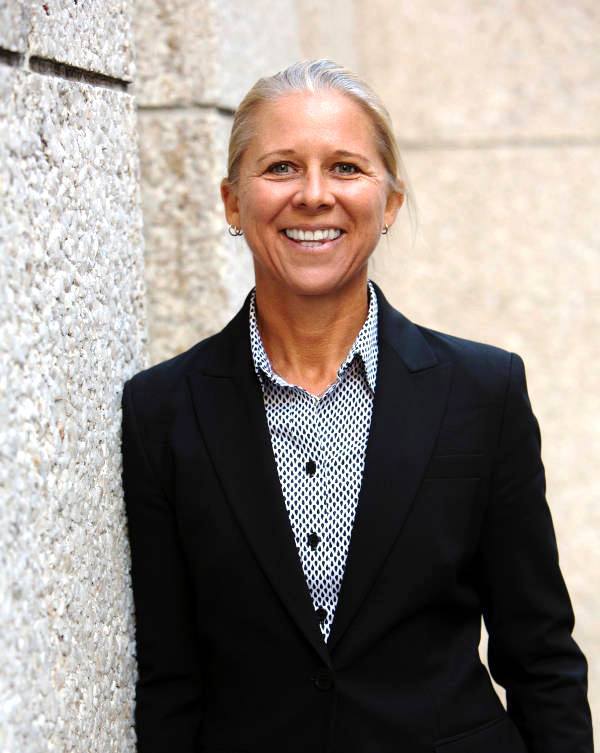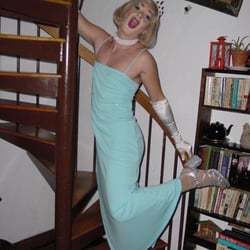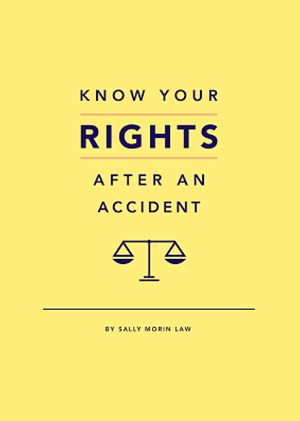California Fighting Tesla’s ‘Full Self-Driving’ Claim
Please be advised that the following topic is for informational purposes only and not a legal matter currently handled by our firm. If you need further assistance regarding this particular topic, you can contact your local Bar Association for a referral to an attorney who may be able to address your inquiry in more detail.
More than 8 million self-driving cars are expected to be on the roads in the U.S. by 2025. And there are currently numerous companies working on building self-driving cars or have already released vehicles with self-driving software.
One such company is Tesla. However, despite Tesla being at the forefront of self-driving cars, they are at the center of several autonomous car safety controversies.
Tesla’s latest release, a supposed “full self-driving” feature, is the topic of some of the latest controversies surrounding autonomous car tech. In fact, California has just passed a bill explicitly targeting Tesla’s “full self-driving” claims.
The California Bill Targeting Tesla’s “Full Self-Driving” Technology
Previously, California did not have any rules or laws against the advertisement of self-driving cars when they are not, in fact, fully autonomous. However, this changed recently with a new bill that passed that makes it illegal to falsely advertise a vehicle as self-driving when it is not.
Though the bill does not specifically name Tesla, the new law comes after the Department of Motor Vehicles filed a series of complaints about Tesla’s self-driving tech. So while the law applies to any car manufacturer making self-driving claims, it was clearly meant to target Tesla.
The issue is that though Tesla has released Autopilot and Full Self Driving (FSD) features, they are not fully autonomous. These systems only assist drivers and still require drivers to pay attention. In other words, the driver must be ready to take over when needed as the car can still not do everything for them.
Thus, the bill aims at preventing car manufacturers like Tesla from making false claims that a vehicle is self-driving or autonomous when it does still require a driver to remain alert and prepared to take over the driving. Advertising a car in such a way is misleading and could lead to safety concerns, such as drivers assuming they can do whatever they like while their car handles the driving for them.
The bill also demands more transparency. In other words, car manufacturers need to be very clear and specific about what their supposedly self-driving features are and are not capable of. If they are not more transparent, it could lead to severe and fatal crashes, as have already happened with owners of Tesla vehicles in California.
What Causes Self-Driving Car Accidents in California?
As self-driving cars or vehicles with autonomous features become more popular, drivers need to be aware of the possible dangers of driving these vehicles. Many self-driving car accidents have already occurred in California for various reasons, including:
- Self-driving system malfunctions and failures
- Driver distraction while the self-driving feature is in operation
- Over-reliance on self-driving features
- Driver’s failures to take over the driving when required
What Should You Do if You Are Involved in a Self-Driving Car Accident in California?
If you are involved in a self-driving car accident in California, it is crucial that you work with an attorney with experience handling these very specific kinds of cases. Though California just passed the bill against falsely advertising a self-driving car, there are still few other laws or regulations governing these vehicles and their operation.
As such, if you are injured in a self-driving car accident, you will need the help of an attorney who knows what it takes to prove what happened and hold the right party accountable, despite the lack of self-driving car laws.
Potentially liable parties can include:
- The operator of the self-driving car
- The company that designed the self-driving technology
- The self-driving car manufacturer
- The company that installed the self-driving system
We Handle Your Accident Claim So You Can Focus On Your Life

At Sally Morin, we truly care about our clients. Self-driving vehicles, such as those made by Tesla, are incredibly popular in California. As such, our law firm sees many of these kinds of cases and has experience handling them.
If you are injured in a California self-driving car accident, call us at 877-380-8852 or contact us online today for a free case evaluation. We are dedicated to helping our clients get the full and fair settlement they deserve.











